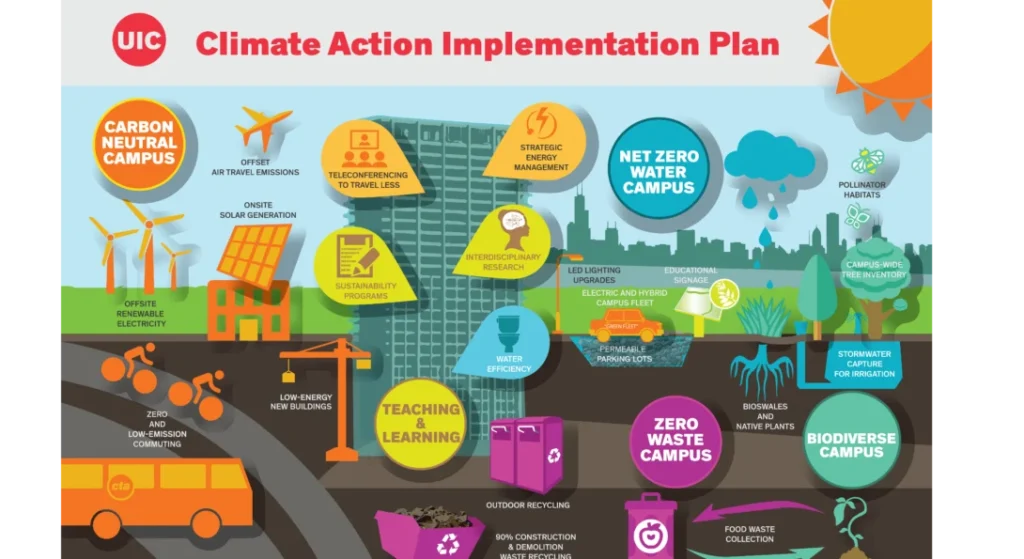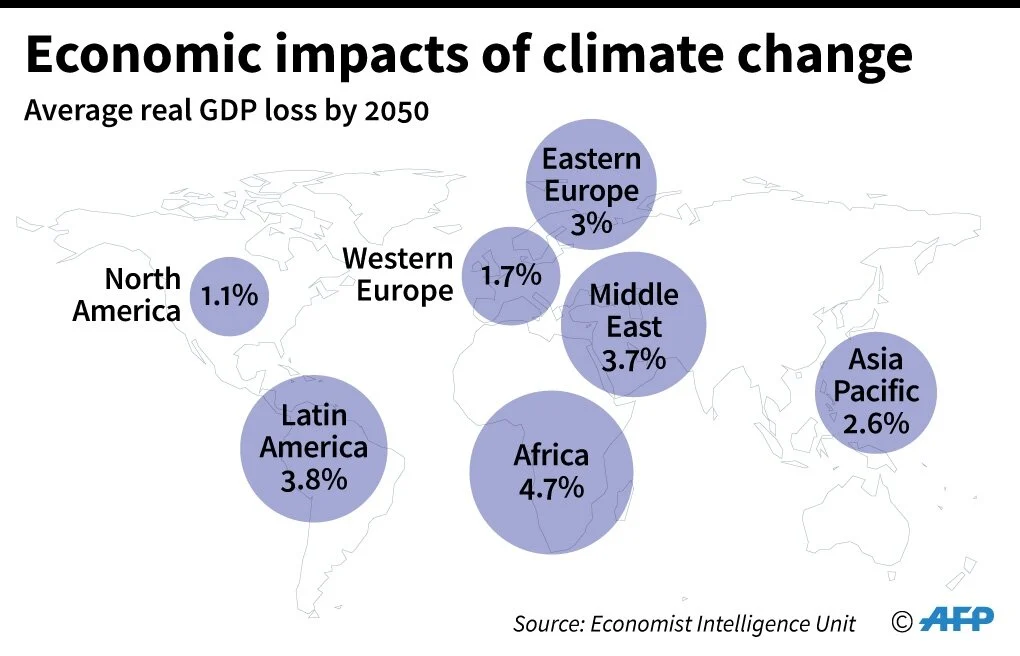Implementing effective climate change policies poses a number of challenges for governments and organizations around the world. The complexity of the issue, the need for international cooperation, the economic impact of policy changes, and the resistance from vested interests are some of the major hurdles in the path of successful implementation. The urgency of addressing climate change and the need for immediate action make these challenges even more daunting.
The implementation of climate change policies also faces obstacles such as public awareness and education, technological limitations, and the need for sustainable funding. Additionally, the political and cultural factors in different regions play a significant role in shaping the success of climate change policies. The lack of consensus on the best course of action and the trade-offs involved in policy decisions further complicate the implementation process. Moreover, the potential for unforeseen consequences and the need for constant adaptation to new information and developments add another layer of complexity to the task at hand.
The Complexity of Climate Change Policies
Implementing climate change policies is a complex and challenging task due to the multi-faceted nature of the issue. Climate change is a global phenomenon that requires coordinated efforts from governments, businesses, and communities across the world. The interconnectedness of climate change with various sectors such as energy, transportation, agriculture, and industry further complicates the implementation of effective policies. Additionally, the long-term and often uncertain nature of the impacts of climate change requires policymakers to consider a wide range of potential scenarios and outcomes when designing and implementing policies.
Furthermore, the diversity of stakeholders involved in climate change policies, including different countries with varying levels of economic development and political priorities, adds another layer of complexity. Balancing the interests and needs of different stakeholders while striving for collective action to address climate change presents a significant challenge for policymakers. The need for innovative and adaptable policy approaches to accommodate these diverse interests further complicates the implementation process.
The Role of Economics in Climate Change Policy Implementation
Economics plays a crucial role in the implementation of climate change policies, as the transition to a low-carbon economy involves significant costs and trade-offs. Policymakers must carefully consider the economic implications of climate change policies, including the potential impacts on industries, employment, and consumer prices. Balancing the short-term economic costs with the long-term environmental and social benefits of climate change policies requires careful economic analysis and strategic planning.
Moreover, the global nature of climate change and the interconnectedness of economies means that the implementation of policies in one country can have ripple effects on international trade, investment, and financial markets. This further complicates the economic considerations involved in climate change policy implementation, as policymakers must navigate the complexities of global economic interdependence while pursuing domestic climate goals.
Technological and Innovation Challenges in Climate Change Policy Implementation
Implementing effective climate change policies requires harnessing and developing innovative technologies to transition towards sustainable and low-carbon energy, transportation, and industrial systems. However, the deployment of new technologies and the scale-up of innovative solutions present technological and innovation challenges. These challenges include the need for significant investments in research and development, as well as the establishment of supportive infrastructure and regulatory frameworks to enable the widespread adoption of new technologies.
Furthermore, the rapid pace of technological advancement and the evolving nature of climate change require policymakers to continuously adapt and update their policies to integrate new solutions and address emerging challenges. This dynamic technological landscape adds a layer of uncertainty to the implementation of climate change policies, as policymakers must navigate the risks and opportunities associated with emerging technologies while ensuring that policies remain effective and relevant.
Social and Behavioral Considerations in Climate Change Policy Implementation
Addressing climate change requires not only technological and economic solutions but also changes in individual and collective behaviors. The implementation of climate change policies must consider the social and behavioral dimensions of the issue, including public awareness, attitudes, and willingness to adopt sustainable practices. Encouraging behavioral changes and fostering widespread public support for climate action presents a significant challenge for policymakers, as it involves addressing complex social, cultural, and psychological factors.
Moreover, the unequal distribution of the impacts of climate change and climate policies across different communities and social groups adds another layer of complexity to the social dimensions of policy implementation. Policymakers must consider equity and social justice considerations in the design and implementation of climate change policies to ensure that vulnerable populations are not disproportionately affected and that the benefits of climate action are shared equitably.
Political and Governance Challenges in Climate Change Policy Implementation
The implementation of climate change policies is inherently political, as it involves navigating complex power dynamics, competing interests, and diverse policy priorities. Political and governance challenges, including partisan divisions, policy inertia, and regulatory barriers, can hinder the effective implementation of climate change policies. Achieving consensus and political will across different levels of government and among various political parties is essential for driving meaningful action on climate change.
Furthermore, the global nature of climate change requires international cooperation and diplomatic negotiations to address shared challenges and commitments. The complexities of international relations and the need for multilateral agreements add another layer of political and governance challenges to the implementation of climate change policies, as policymakers must navigate geopolitical tensions and conflicting national interests to reach consensus on global climate action.
Educational and Communication Efforts in Climate Change Policy Implementation
Effective communication and public education are essential components of successful climate change policy implementation. Engaging and informing the public about the urgency and importance of climate action, as well as the potential benefits and trade-offs of policy measures, is crucial for building public support and fostering a culture of climate consciousness. Policymakers must invest in educational initiatives and communication campaigns to raise awareness about climate change and empower individuals to take meaningful action.
Moreover, effective communication and public engagement can help bridge the gap between policymakers, experts, and the general public, fostering a sense of shared responsibility and collective action in addressing climate change. By promoting transparent and inclusive communication channels, policymakers can build trust and credibility, facilitating the successful implementation of climate change policies.
Monitoring, Evaluation, and Adaptation in Climate Change Policy Implementation
The dynamic and evolving nature of climate change requires continuous monitoring, evaluation, and adaptation of policies to ensure their effectiveness and relevance. Policymakers must establish robust monitoring and evaluation mechanisms to assess the impacts of climate change policies, identify potential gaps or shortcomings, and make necessary adjustments. This iterative process of learning and adaptation is essential for enhancing the resilience and efficacy of climate change policies.
Fostering a culture of evidence-based policymaking and learning from both successes and failures is crucial for driving continuous improvement in climate change policy implementation. By integrating feedback loops and adaptive management approaches, policymakers can enhance the agility and responsiveness of climate change policies, enabling them to effectively address evolving challenges and opportunities.
Financial and Investment Challenges in Climate Change Policy Implementation
The implementation of climate change policies requires significant financial resources and investments to support the transition to sustainable and low-carbon systems. Securing adequate funding and mobilizing private sector investments for climate action presents a major challenge for policymakers, particularly in the context of competing budget priorities and economic uncertainties. Policymakers must explore innovative financing mechanisms, such as green bonds, carbon pricing, and public-private partnerships, to unlock the necessary investments for climate change mitigation and adaptation.
Furthermore, addressing the financial barriers to climate action, particularly in developing countries and vulnerable communities, is essential for achieving global climate goals and ensuring a just transition to a sustainable future. Policymakers must prioritize financial inclusivity and support mechanisms to ensure that all countries and communities have access to the resources and investments needed to implement effective climate change policies.
| Challenge | Description |
|---|---|
| Political Will | Getting governments to prioritize and commit to climate change policies. |
| Economic Impact | Implementing policies may have short-term economic costs, which can be politically unpopular. |
| International Cooperation | Coordinating efforts among countries with differing priorities and resources. |
| Public Support | Building public awareness and support for policy changes. |
| Technological Challenges | Developing and implementing new technologies to reduce emissions. |



